An Introduction to Cord Cutting
Are you sick of commercials on cable and satellite TV? Do skyrocketing prices and confusing fee structures get under your skin? Canceling your expensive contract and moving to internet services, or cutting the cord, could be an awesome way to reduce your stress.
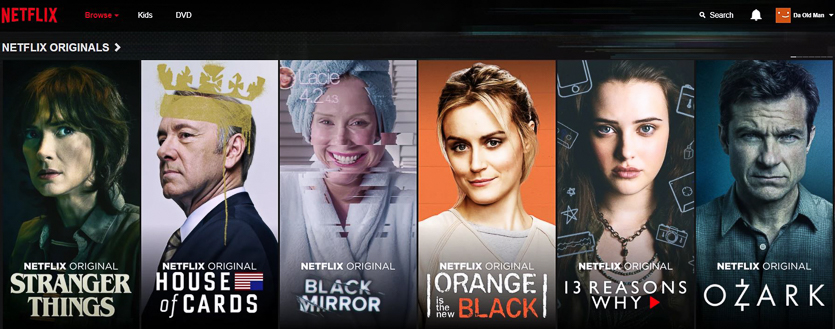
It’s easier than ever to move your entertainment online. Internet based streaming, pay per view, and rental companies have matured into competitive options. Netflix original shows, for example, have awesome ratings and viewership.
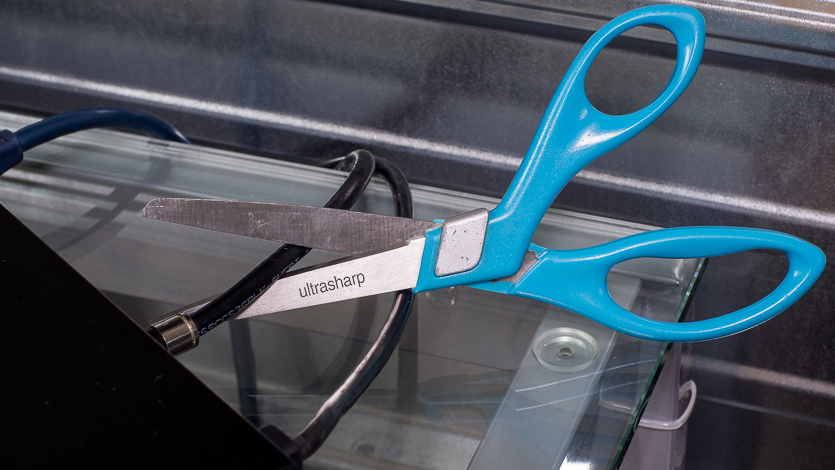
Devices such as the Roku offer streaming apps galore. YouTube even released a fully developed television service in some metropolitan areas, creating a gray area between online services and big-brand television. Most streaming services even have free trial periods and subscription based payment plans that keep contractual obligations to an absolute minimum.
Examining Cable, Satellite, and Streaming
That said, there are still a few situations in which cable and satellite can outperform internet based media sources. Let’s take a look at the pros and cons of those reception methods, as each household’s needs vary greatly. Remember that value may change based on your provider, so do some additional research based on cable / satellite / internet companies in your area.
We’ll provide links to a number of useful resources throughout this comparison.
Cable: the Most Likely Cord Cutting Candidate
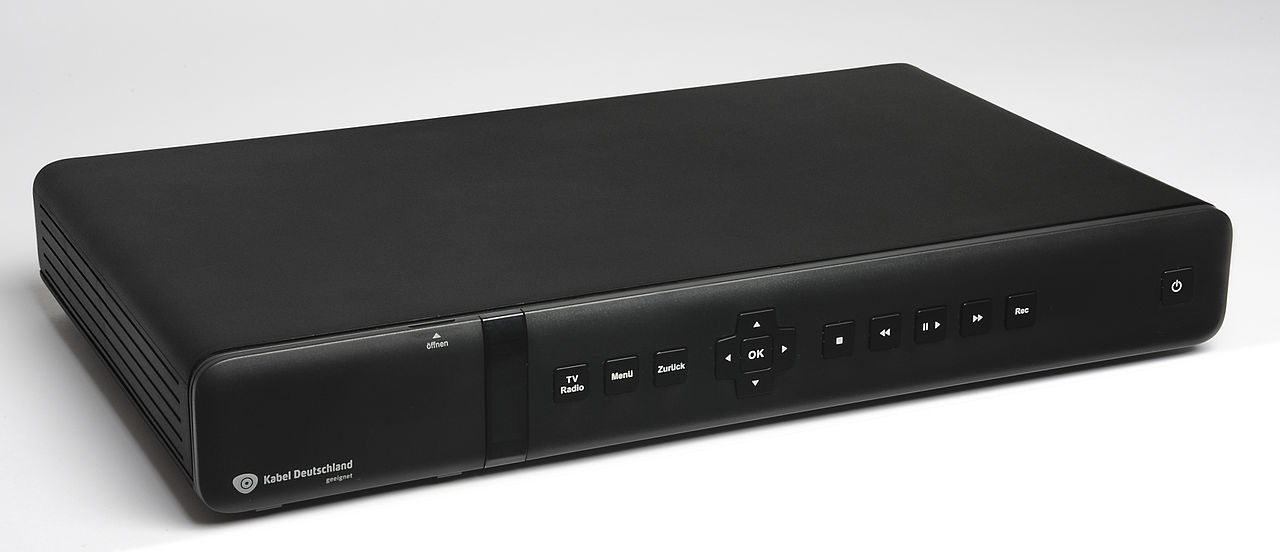
Cable Advantages
• Little to no transmission lag during live broadcasts
• Exclusive deals with sports teams and some networks
• Fewer contractual obligations than satellite
• Consistent signal strength that isn’t facing legal uncertainty
Cable Disadvantages
• Price is high, and continues to climb
• As time passes, less cable content will be exclusive due to industry changes
• Poor customer service ratings for most providers
• Confusing pricing
Should You Cut the Cord?

If cable offers exclusive local or national content that you absolutely have to see, or you like its shorter contract commitment and decent channel count, don’t cancel your subscription. Otherwise, cable is a sub-optimal service and a prime candidate for cord cutting. Painful pricing is what drives most users online.
Satellite: Easy Television Everywhere
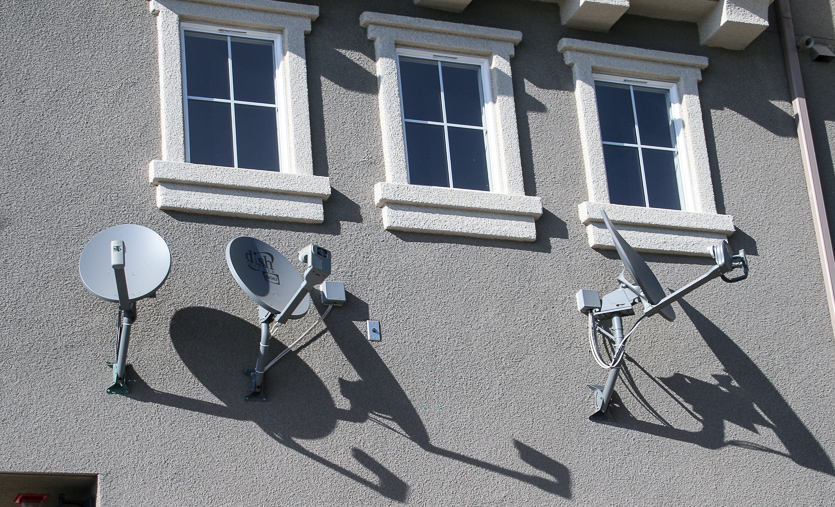
Satellite Advantages
• Works in rural areas that lack cable and internet
• Better national HD content than cable
• Better price per channel than cable
• Consistent signal strength that isn’t facing legal uncertainty
Satellite Disadvantages
• Typically requires long term commitment via contract
• Weather can interfere with signal
• Requires a satellite dish, which some consider unsightly
• Poor customer service ratings for most providers
• Confusing pricing
Should You Cut the Cord?

This is probably the best option for people who want easy television. Reasonable prices, high channel variety, and national HD content set it apart from cable. It even works in rural areas without internet lines. So long as you don’t mind a satellite dish and occasional interference during severe weather, it is a better value than cable. Consider cutting the cord if you don’t watch most of the channels provided in your satellite package.
Streaming: Cheap, on Demand Entertainment for Internet Users
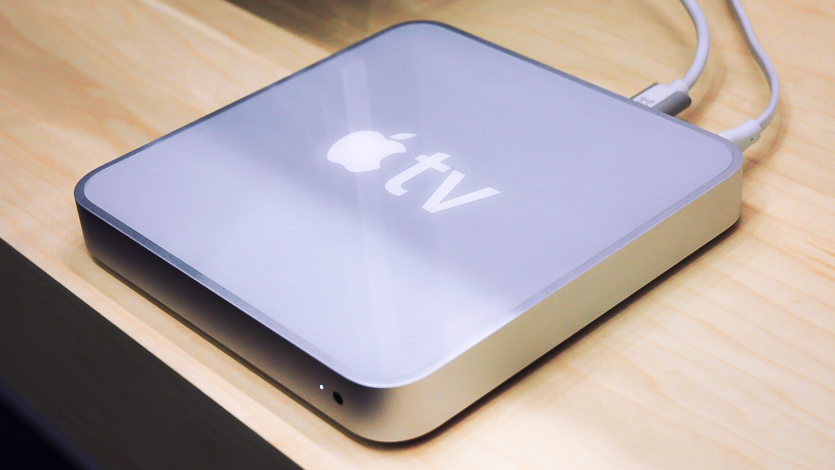
Internet Streaming Advantages
• Lowest price in many circumstances
• Fewer and / or shorter commercials
• Many networks that were originally cable exclusive are making deals with streamers
• Some streamers are creating original content to compete with cable and satellite
• Can be paired with long range antennas to pick up additional channels
• A number of cord cutting how-to articles take the guesswork out of switching
• Subscription based services, no long term contracts
• Price transparency
Internet Streaming Disadvantages
• Costs increase somewhat if one attempts to get the same channel coverage as cable / satellite
• Significant lag, which varies based on a number of factors, will be present in live broadcasts
• Setup can require a little more DIY tech work than cable and satellite
• May require the purchase of dedicated hardware, not leased hardware
• Net neutrality could become an issue for streaming providers in the future
• Only an option in areas with high bandwidth internet availability
Cutting the Cord
Lower costs and subscription based pay structures make cord cutting appealing. It’s important to know what you want to watch and when you want to watch it, as individual streaming services offer fewer channels than cable or satellite. It’s better to look for the shows you want to see, not the channels you would find them on.

You might need to sign up for a few streaming sites to get your must-watch shows. In addition, you’ll need to set up your own equipment (though hiring a tech guy or convincing a family member to help can work just as well). First, pick up an antenna to get free local channels. Some metropolitan areas will have a high concentration of free options.
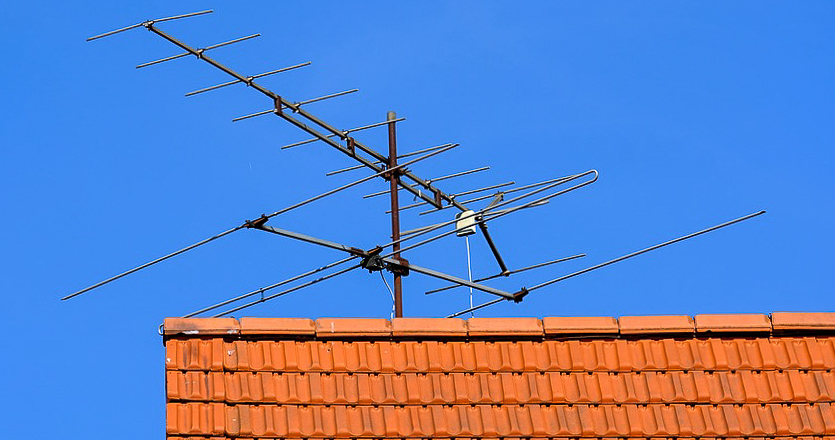
From there, select a streaming device. Das Keyboard recommends the Roku for most users, as it is easy to set up and work with. People in the Apple ecosystem should pick up an Apple TV. If you’re technically inclined, Android devices from other manufacturers offer significant flexibility and value.
If you can pull those things off — and you live in an area with accessible high bandwidth internet — cord cutting is an awesome choice that will only improve over time. It is certainly the future of entertainment.
Wrapping Things Up
While Roku devices and other all-in-one solutions dominate the television streaming market, many users are turning to mobile devices and PCs for their personal media needs. Most manufacturers, in an effort to cut costs, send out subpar keyboards with new machines. Laptops and desktops often arrive with horrendously cheap rubber dome variants.
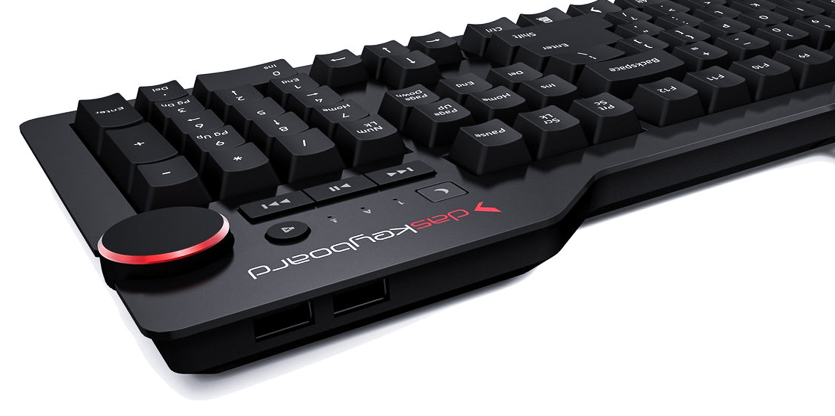
HTPC users should take a look at top of the line Das Keyboard products. Many of our mechanical keyboards feature media controls, including a beautifully manufactured volume knob, that are perfect for home theater applications. The keyboards will even work on some non-desktop devices with a bit of adapting.
Reach out to us in the comments (or on Twitter) if you have any questions!
